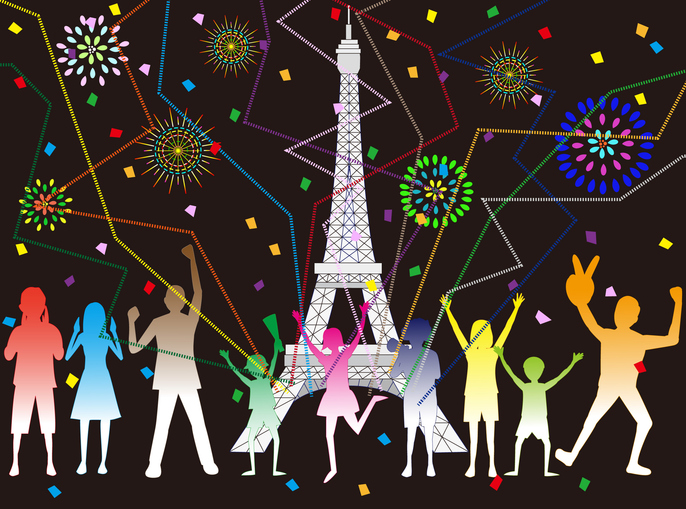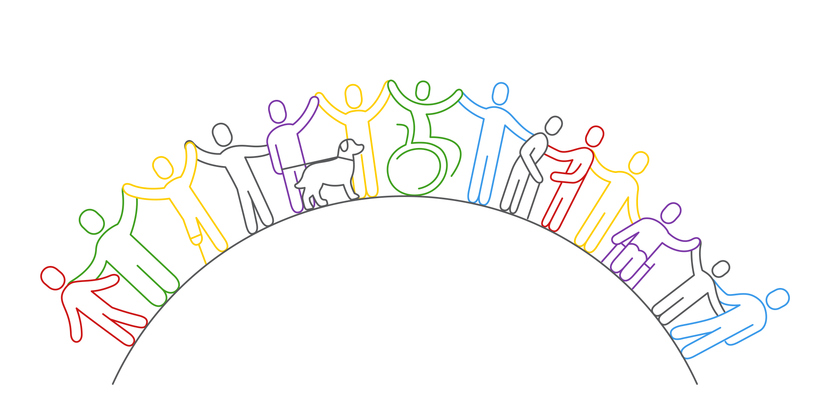
As the 2024 Paris Olympics approach, excitement is palpable not only for the competing athletes but also for the carefully curated musical experience that will accompany the Games. Music has always played a significant role in the Olympics, enhancing the emotional impact of the ceremonies and connecting audiences to the spirit of competition. This year, the music selection is more intentional than ever, focusing on diversity, cultural representation, and modern relevance. This article offers a behind-the-scenes look at how the Olympic playlist is crafted, featuring insights from music directors working on the event.
The Role of Music in the Olympics
Music is a powerful tool that shapes the Olympic experience, evoking emotions and creating memorable moments. From the opening ceremony to the closing celebrations, the soundtrack of the Olympics sets the tone for the entire event. It brings together athletes, spectators, and viewers from around the world, fostering a sense of unity and excitement.
Danielle Venne, Executive Creative Director at Made Music Studio, emphasizes the importance of music in enhancing the Olympic experience. “Music has the power to subconsciously affect us emotionally, heightening the experience and connecting athletes to popular culture,” she explains. “The right music can transform a moment, making it unforgettable.”
Curating the Playlist: A Collaborative Effort
The process of curating the Olympic playlist involves collaboration among various stakeholders, including music directors, cultural advisors, and the organizing committee. The goal is to create a soundtrack that reflects the host nation’s cultural identity while also appealing to a global audience.
Jean-Michel Jarre, a renowned French composer and music director for the Paris 2024 Olympics, shares his vision for the event. “We want to celebrate the diversity of music while highlighting France’s rich musical heritage,” he says. “The playlist will feature a blend of traditional French music and contemporary genres, ensuring that it resonates with both local and international audiences.”
Emphasizing Diversity and Cultural Representation

One of the key themes in the music curation for the Paris Olympics is diversity. The organizing committee is committed to showcasing a wide range of musical styles, representing various cultures and traditions. This approach not only honors the host country’s heritage but also reflects the global nature of the Games.
Marie-Claude Pietragalla, a choreographer and artistic director involved in the ceremonies, emphasizes the importance of cultural representation. “Music is a universal language that can unite people from different backgrounds,” she explains. “By incorporating diverse musical traditions, we can create a celebration that resonates with everyone.”
The playlist will include various genres, from classical compositions to contemporary pop and electronic music. This eclectic mix aims to engage a broad audience, ensuring everyone can find something that speaks to them.
Iconic Collaborations and Performances
The 2024 Paris Olympics will feature performances by some of the most iconic artists in the music industry. Collaborations between established musicians and emerging talent will highlight the ceremonies. For instance, Christine and the Queens is expected to perform, bringing her unique blend of pop and theatricality to the stage.
Additionally, the organizing committee is exploring partnerships with global artists to create an inclusive musical experience. Snoop Dogg, who has been involved in promotional campaigns for the Games, is expected to contribute his unique perspective and musical style, further enhancing the Olympic soundtrack.
The Impact of Technology on Music Curation
Technology advancements are also shaping how music is curated for the Olympics. Integrating immersive audio-visual experiences will enhance the emotional impact of the performances. For example, the opening ceremony will feature IMAX screenings, allowing audiences to experience the music in a larger-than-life format.

“Technology allows us to push the boundaries of what’s possible in live performances,” says Venne. “We can create an experience that captivates audiences and makes them feel truly connected to the event.”
Conclusion
As the 2024 Paris Olympics draw near, the anticipation surrounding the carefully curated musical experience is palpable. From the collaborative efforts of music directors to the emphasis on diversity and cultural representation, the Olympic playlist promises to be a vibrant celebration of global music. The power of music to evoke emotions, connect people, and enhance the Olympic experience is undeniable.
At Music Industry Weekly, we are excited to witness the unforgettable performances that will grace the Olympic stage. As the Games approach, we recognize that music is not just an accompaniment to the events; it is an integral part of the Olympic spirit, uniting athletes and audiences in a shared celebration of culture, artistry, and human achievement.